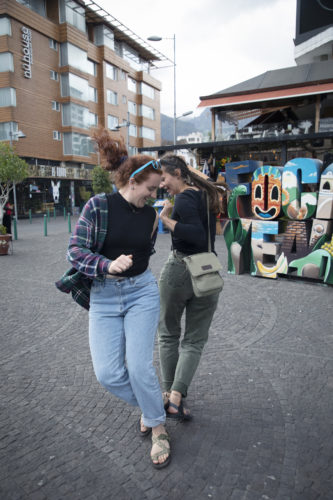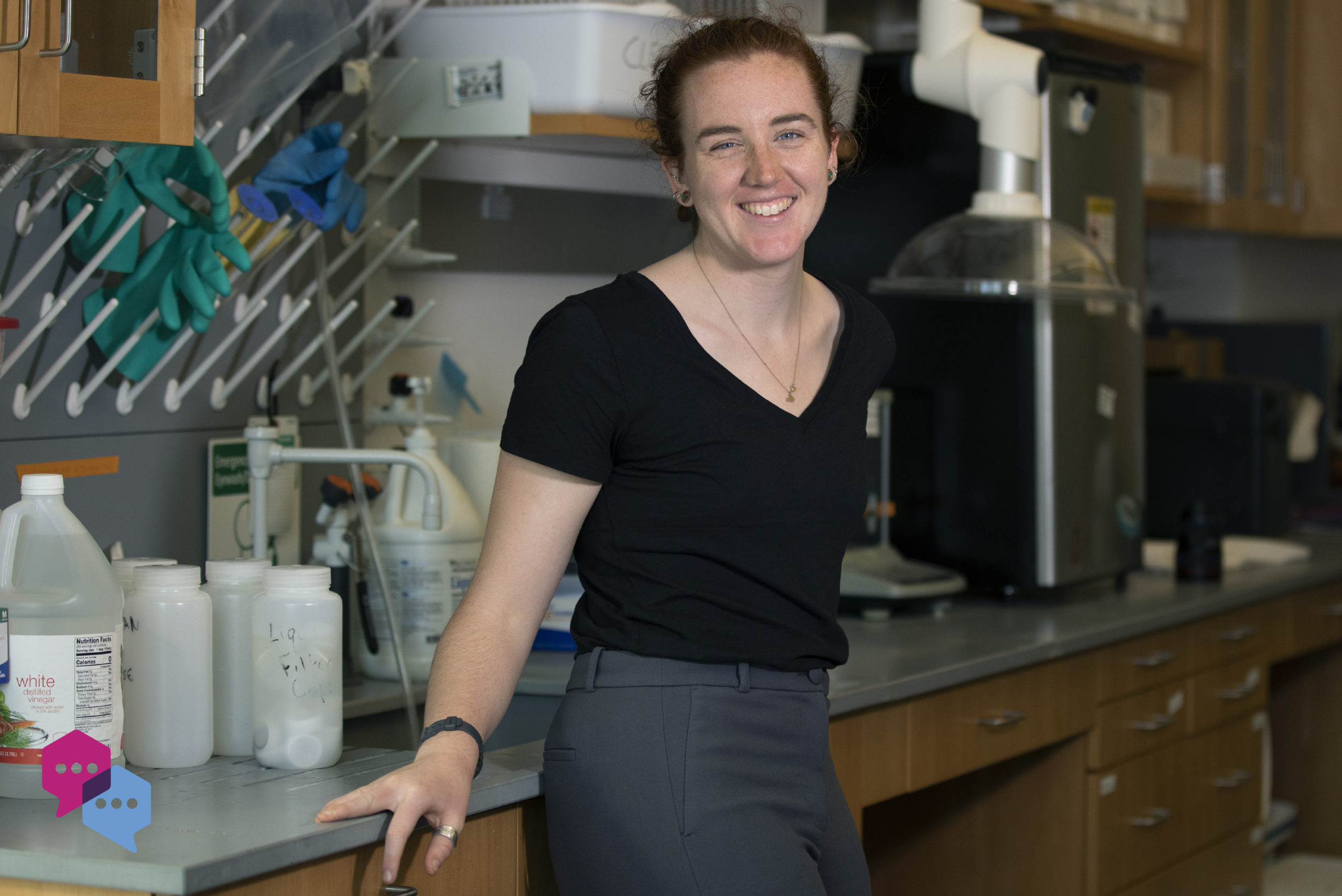Q: When you were a child, what was your response to this question: “What do you want to be when you grow up?”
A: This past December, my uncle asked me this very question, and I was truly perplexed. I’ll be the first to admit that my early childhood memory is disturbingly sparse. So, my mother chimed in — thank goodness. She said, and I’ll never forget this, “Meg just has always wanted to live outside and be kinda loud, although there was a brief period when she wanted to be professional violinist.”
Q: Share the pivotal moment in your life that helped you choose your field of study.
A: One that I specifically connect to the academic study of geography is taking AP Human Geography as a freshman in high school. It forced me to tackle challenges that were daunting in an academic progress sense such as writing a 60-page paper and asking questions like how does a person’s built environment influence the likelihood that they have biased views toward others? In a way that, at the ripe age of 14 I had never encountered before, it was a pretty transformative experience. The instructor of that class has become one of my dearest friends, and we continue to have these conversations to this day.

Raisle and fellow senior Chloe Schneider “boot dance” in a square in downtown Quito during a summer research experience in Ecuador.
Q: Tell us about a time you encountered a tricky problem. How did you handle it and what did you learn from it?
A: For the past three years, I’ve been involved in environmental work through student government. Our organization and a few others are the primary bodies responsible for organizing any sort of Earth Day activity that may take place on campus in April. Over the last several years we have noticed over and over again that the kind of events we had and the sorts of activities we hosted at them tended to attract the same sort of people. We were preaching to the choir. So a group of us really racked our brains on how we could fundamentally change our approach to engage new people in mindful, environmentally conscious behavior.
We decided to host TrashPit. Instead of asking people to come talk to environmental organizations, we took trash from different parts of campus, threw it in the pit, and spent four hours sorting it in hazmat suits into stuff that could have been recycled, that could have been composted, that should never have existed in the first place, and finally actual trash. It started some new conversations and got new attention. Definitely a fun — and stinky — project to work on!
Q: Describe your research in 5 words.
A: “Streams can get gassy, too.”
Q: What are your passions outside of research?
A: Being outdoors, biking everywhere, brewing kombucha, and climate and environmental work. Of those, the one that takes up most of my time is climate activism. I am very much rooted in my fundamental belief that political activism is an effective tool for change that needs the support of science. Other activities like biking are important to me because they connect me to my childhood and my family in a lot of ways and are also the spaces and moments where I feel most connected to the people and places around me.


